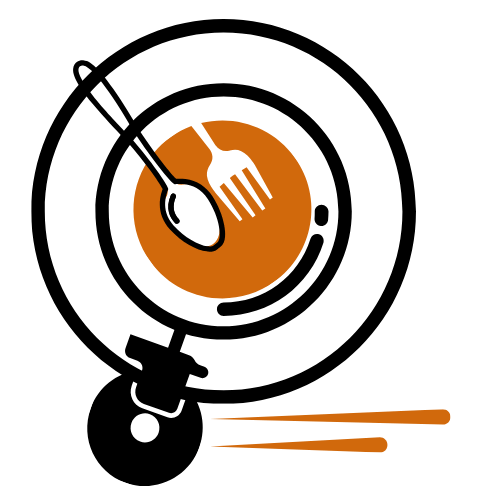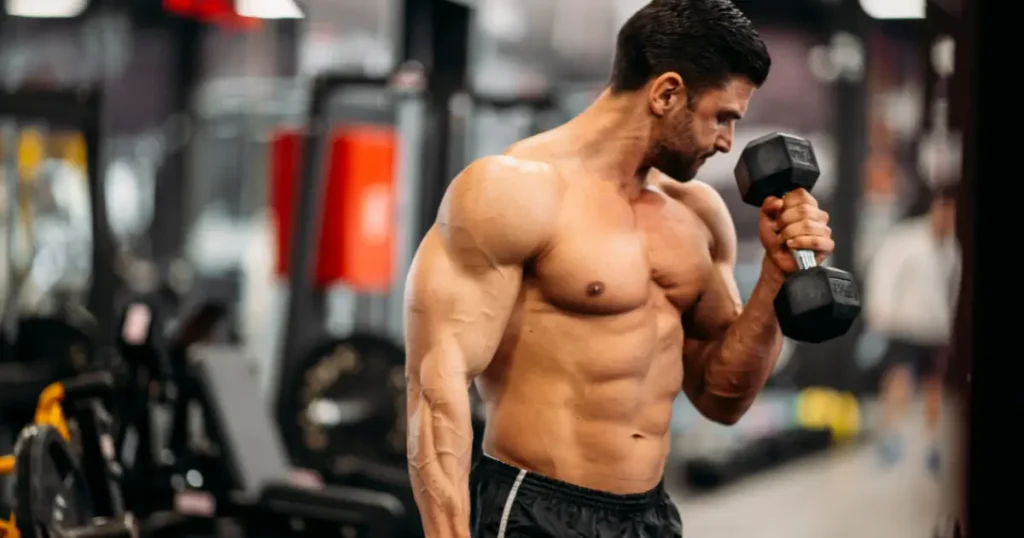bodybuilding & Fitness
Avoiding Injuries in Bodybuilding: Tips and Strategies for Safe Training
Avoiding Injuries in Bodybuilding: Tips and Strategies for Safe Training
As an enthusiastic bodybuilder, you’re likely no stranger to the rush of adrenaline that comes with pushing your body to its limits. However, this rush can quickly turn into a nightmare if you don’t take necessary precautions to avoid injuries. With the demands of heavy lifting and intense training regimens, it’s easy to succumb to the temptation of ignoring red flags and pushing through the pain. But, this can lead to serious consequences, including long-term damage, months of recovery, and even permanent changes to your physique.
In this article, we’ll delve into the importance of avoiding injuries in bodybuilding, and provide you with a comprehensive guide on how to prioritize your safety and well-being while still achieving your fitness goals.
Section 2: Assessing Your Body and Building a Foundation for Success
Before you start hitting the gym, it’s essential to take a closer look at your body and assess any potential weaknesses or imbalances that may be prone to injury. This includes examining your posture, flexibility, and overall foundation of strength. A strong foundation is crucial for tackling the demands of bodybuilding, and ignoring these aspects can lead to a higher risk of injury.
For instance, if you have poor posture, you may be putting unnecessary pressure on your joints, which can lead to long-term damage. Similarly, a lack of flexibility can cause muscle imbalances, leading to issues with form and technique. By taking the time to assess and address these issues early on, you can reduce your risk of injury and set yourself up for long-term success.
Section 3: Understanding the Importance of Progressive Overload
Progressive overload is a fundamental concept in bodybuilding that’s often misunderstood or ignored. The idea is to gradually increase the weight, resistance, or reps over time to continue challenging your muscles and promoting growth. Ignoring this principle can lead to plateaus and stagnation, but more importantly, it can also increase the risk of injury.
When you’re not pushing yourself hard enough, your muscles become complacent, and your form begins to suffer. This can lead to poor technique, which can result in injuries ranging from minor strains to serious tears. By understanding the importance of progressive overload and incorporating it into your training routine, you can ensure that you’re always challenging yourself and reaping the benefits of your hard work.
Section 4: Mastering Proper Form and Technique
As the saying goes, “form is king.” Proper form and technique are crucial for avoiding injuries and achieving your fitness goals. When you’re new to bodybuilding, it’s easy to get caught up in the excitement of lifting heavier and heavier weights, but this can quickly lead to disaster. Ignoring proper form can result in serious injuries, from strains and sprains to tears and fractures.
The key is to focus on slow and controlled movements, engaging the correct muscles, and using your entire range of motion. By prioritizing proper form and technique, you can ensure that you’re targeting the right muscles, minimizing the risk of injury, and making progress towards your goals. Some of the most common mistakes bodybuilders make include:
- Not warming up properly before a workout
- Neglecting to cool down after a workout
- Using too much weight or resistance
- Failing to engage the correct muscles
- Not incorporating rest days and recovery time
By avoiding these common mistakes, you can reduce your risk of injury and achieve the strong, healthy physique you desire.
Section 5: Staying Informed and Educated
As a bodybuilder, it’s essential to stay informed and educated about the latest research, trends, and best practices. This includes keeping an eye on new studies, attending workshops and seminars, and following reputable fitness professionals and athletes. Ignoring the latest developments and advice can lead to outdated techniques and strategies, which can result in poor form and increased risk of injury.
Staying informed also means being aware of your own body and adjusting your training accordingly. For instance, if you’re experiencing pain or discomfort, it’s essential to stop and reassess your form and technique. Ignoring these signs can lead to long-term damage and serious consequences.
By staying informed and educated, you can ensure that you’re always ahead of the game, aware of the latest developments, and equipped to tackle the demands of bodybuilding safely and effectively.
Additional Tips for Avoiding Injuries in Bodybuilding
In addition to the tips mentioned above, here are a few more to help you avoid injuries in bodybuilding:
- Listen to your body and take regular breaks: It’s easy to get caught up in the intensity of your workouts, but ignoring your body’s signals can lead to serious consequences.
- Prioritize recovery: Adequate recovery is crucial for rebuilding and growing muscle tissue. Make sure to incorporate rest days into your routine and prioritize self-myofascial release and other recovery techniques.
- Be patient: Avoid pushing yourself too hard too fast, and instead focus on steady, sustainable progress.
- Seek professional guidance: Work with a qualified personal trainer or fitness professional who can help you develop a training plan that’s tailored to your needs and goals.
- Focus on proper nutrition: Adequate nutrition is essential for optimal performance and recovery. Make sure you’re fueling your body with the right foods and supplements.
In conclusion, avoiding injuries in bodybuilding is crucial for achieving your fitness goals and maintaining a healthy, strong physique. By assessing your body, understanding the importance of progressive overload, mastering proper form and technique, staying informed and educated, and incorporating additional tips, you can reduce your risk of injury and set yourself up for long-term success. Remember, it’s always better to err on the side of caution and prioritize your safety, rather than risking serious consequences. Start your journey to a safer, stronger, and healthier you today!

